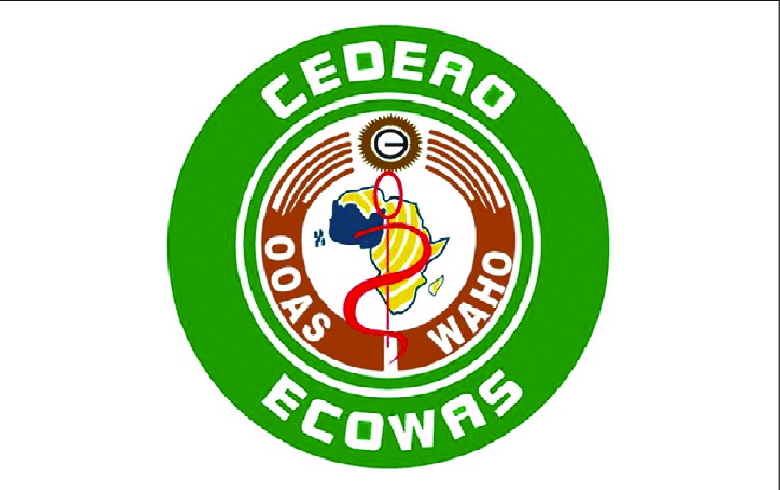As part of the efforts to radicalise media growth in West Africa, the West African Health Organization (WAHO), has called on all her member states to try as much as possible to make sure that they increase the spate of media engagement to help address some of the issues on the need to strengthen Health Policy and Systems (HPS).
The HPS is a project organisations which has been designed to improve the wellbeing of women, newborns, children and adolescents among its members.
The Professional Research Officer for WAHO, Prof. Issiaka Sombie,, made the call in an interview on Wednesday in Accra where he reiterated on the sidelines of the High-level Meeting with Vaccines Manufacturers in the Economic Community of West African States (ECOWAS).
The meeting which was organized by WAHO, in collaboration with Africa Centre for Disease Control and Prevention, to accelerate local manufacturing of quality vaccines and medicines in the West Africa region. Sombie also mentioned that Journalists need capacity building in reporting on health and specifically, on issues related to Women, newborns, children and adolescents wellbeing (WNCAW).
He said this would include sensitive and controversial issues such as abortion.
Sombie said this would enable the region to pilot interventions to strengthen capacity, evidence generation, synthesis, communication to catalyse leadership towards informing approaches for strengthening health systems and other interventions to improve WNCAW in the sub-region over the preceding three years.
He said: “Formation and capacity strengthening of multi-professional communities of practice involving health system policy makers, providers, researchers, media practitioners, and civil society organisations are to work together to strengthen health systems.”
“Training of media practitioners in reporting on health in general and WNCAW in particular and engaging communities to understand their perspectives using score cards assessment processes, and linking communities, policy makers and providers should jointly address issues and concerns,” he explained.
He said that WAHO has recommended communities where this could be practiced to advocate and lead change in the region.
It will also “Encourage and support the organizations of multi-professional, multi-disciplinary, multi-level (national and sub-national) Communities of Practice to generate evidence and advocate for Health Policy and Systems strengthening to improve WNCAW.
According to Sombie; “The leadership of the Communities of Practice should be at the country level. The participants in this room from each country, including the WAHO focal persons from the Ministries of Health in each of the 15 countries of the ECOWAS, should take the initiative for leadership in their countries.
He said: “They should engage researchers, media practitioners and civil society organizations with interest in HPS, WNCAW, development and change leadership.
“This will require identification and engagement of research groups working on HPS and WNCAW; research in ministries of health, health services and academia, Media practitioners who report on health, Civil Society Organizations engaged in HPS and WNCAW.”
He said that researchers who were part of the Communities of Practice teams need capacity building to conduct and provide evidence from desk reviews and rapid evidence synthesis to inform decision making and present findings in ways that are accessible to non-academic audiences such as information and advocacy policy.
He further explained that building the capacity in and supporting the Communities of Practice will help to en
